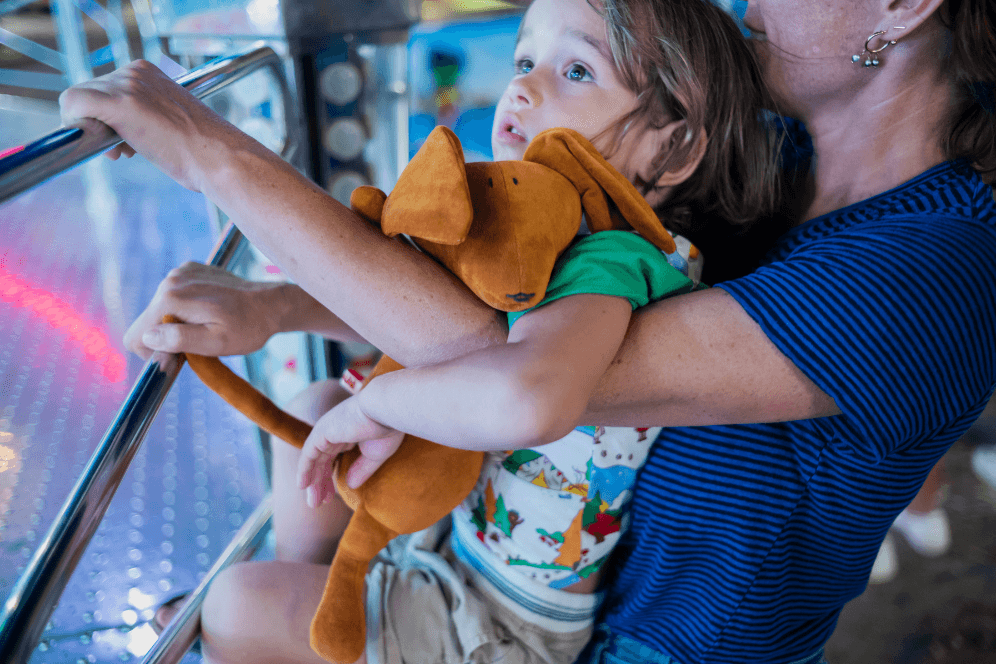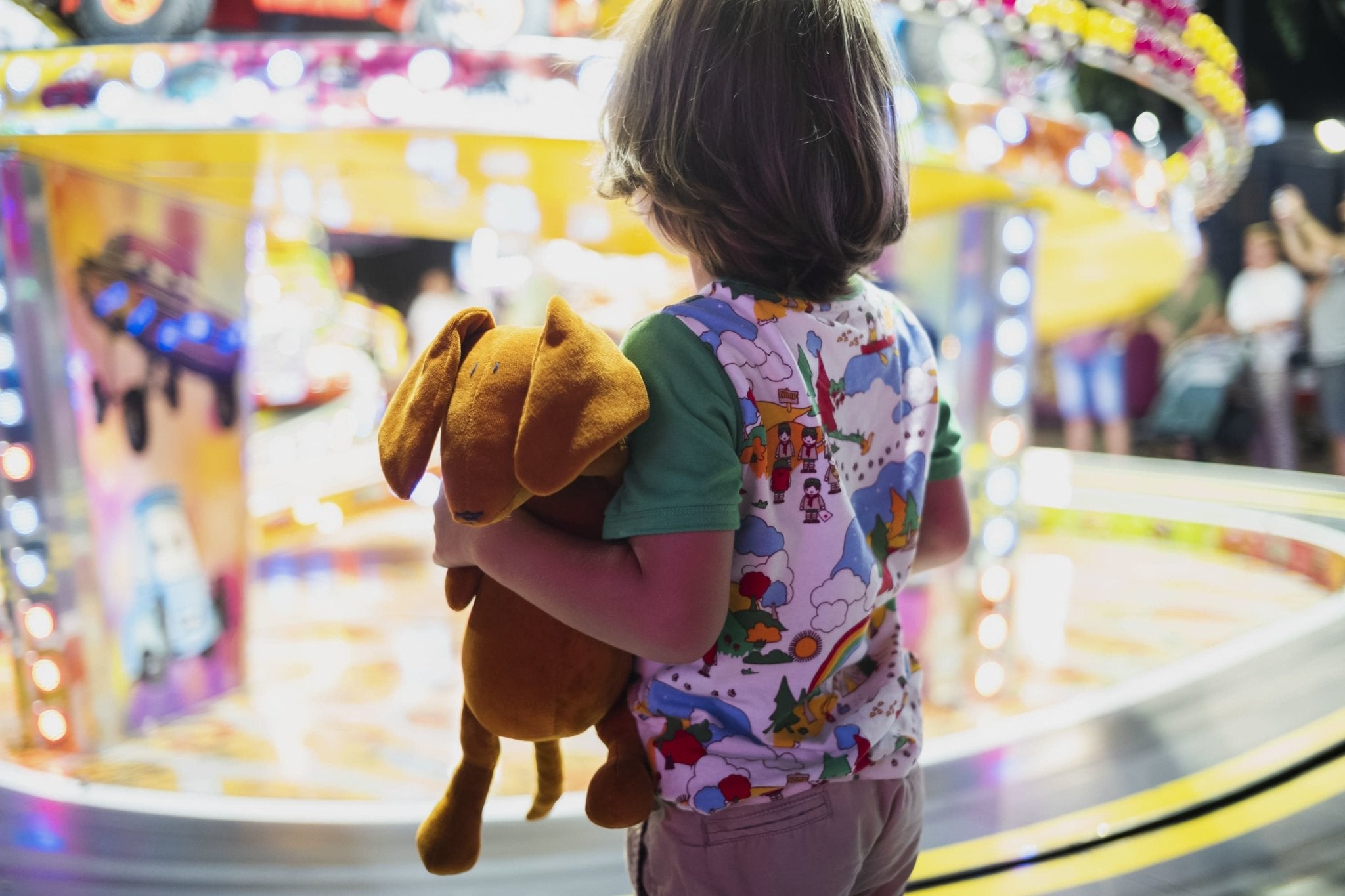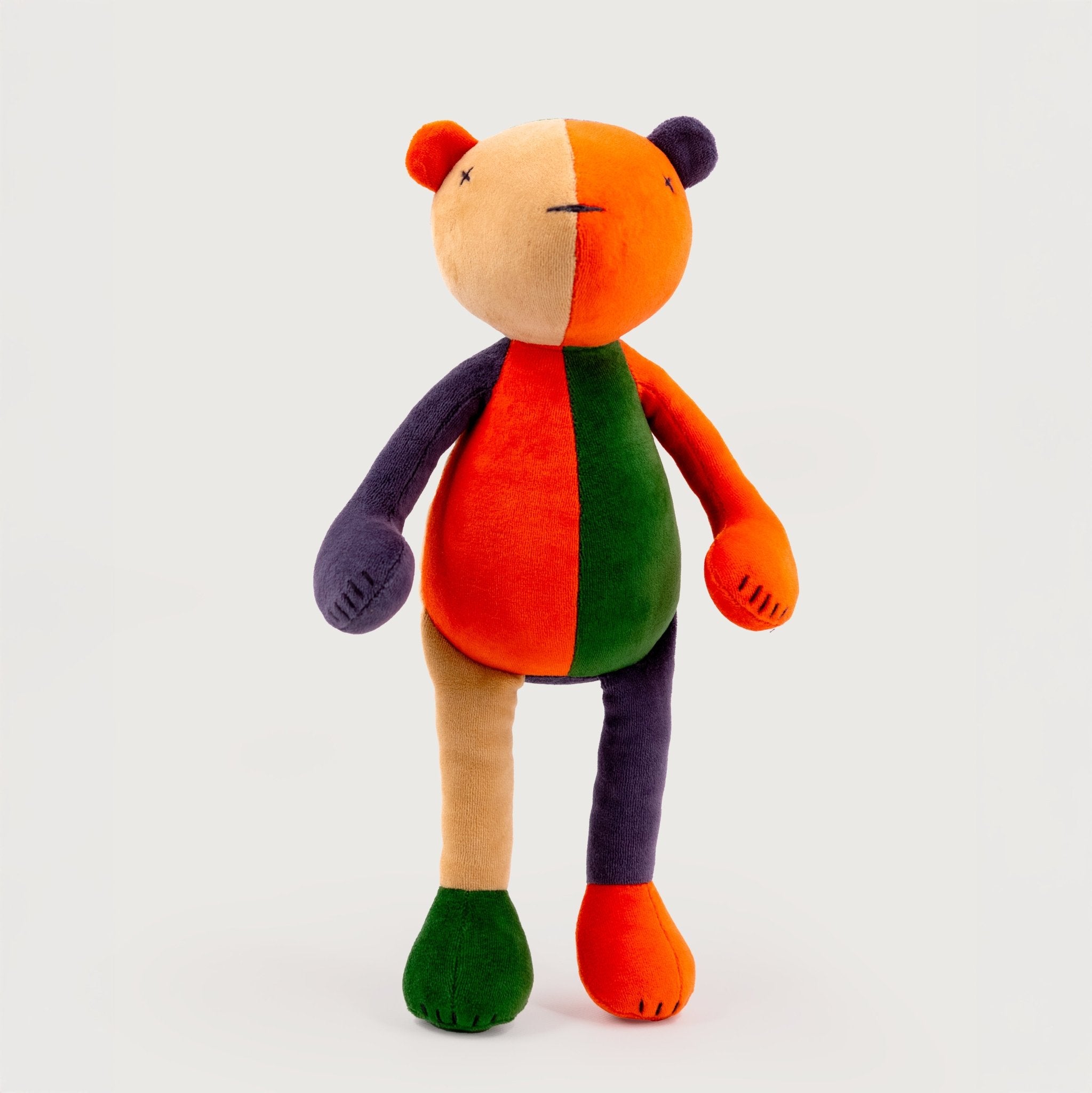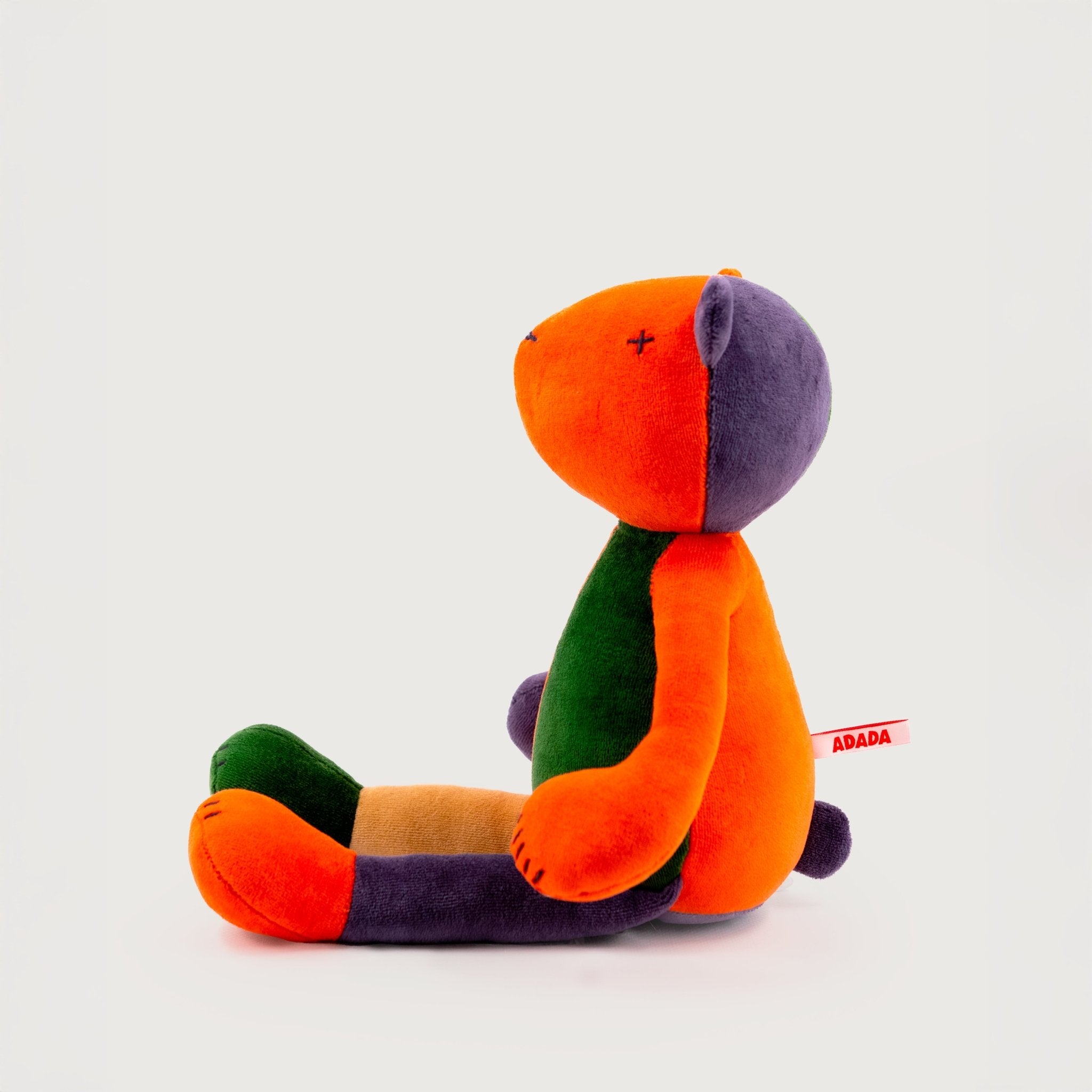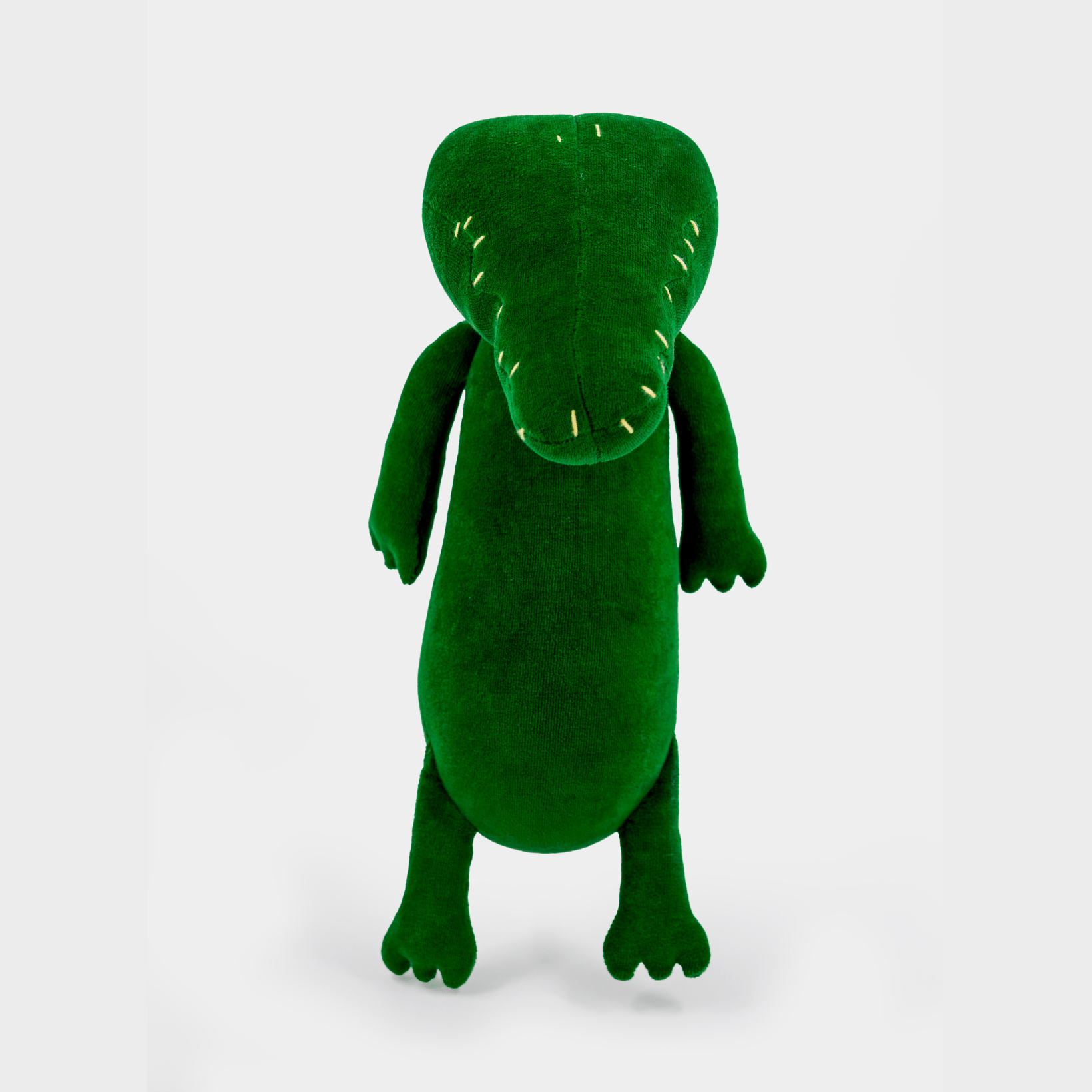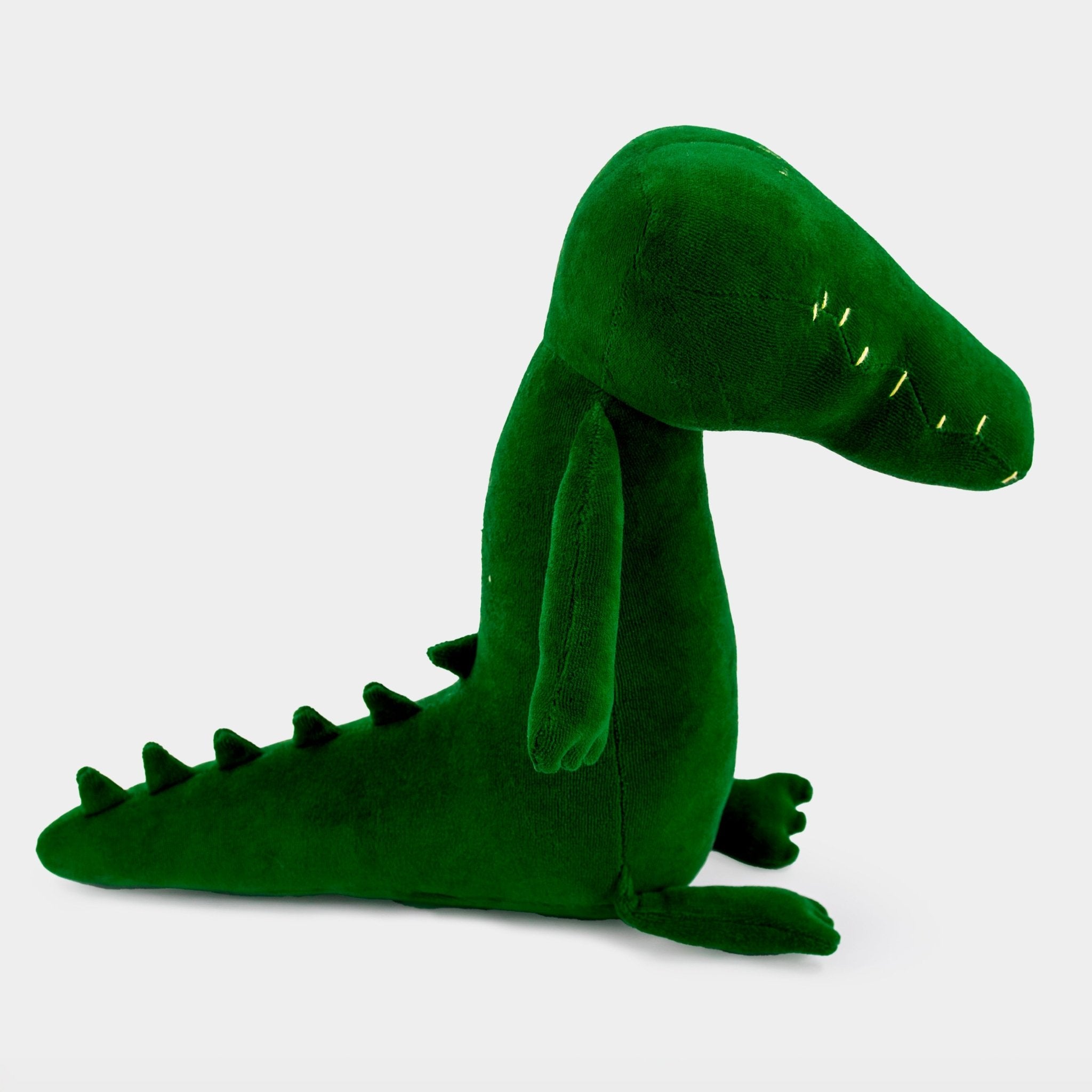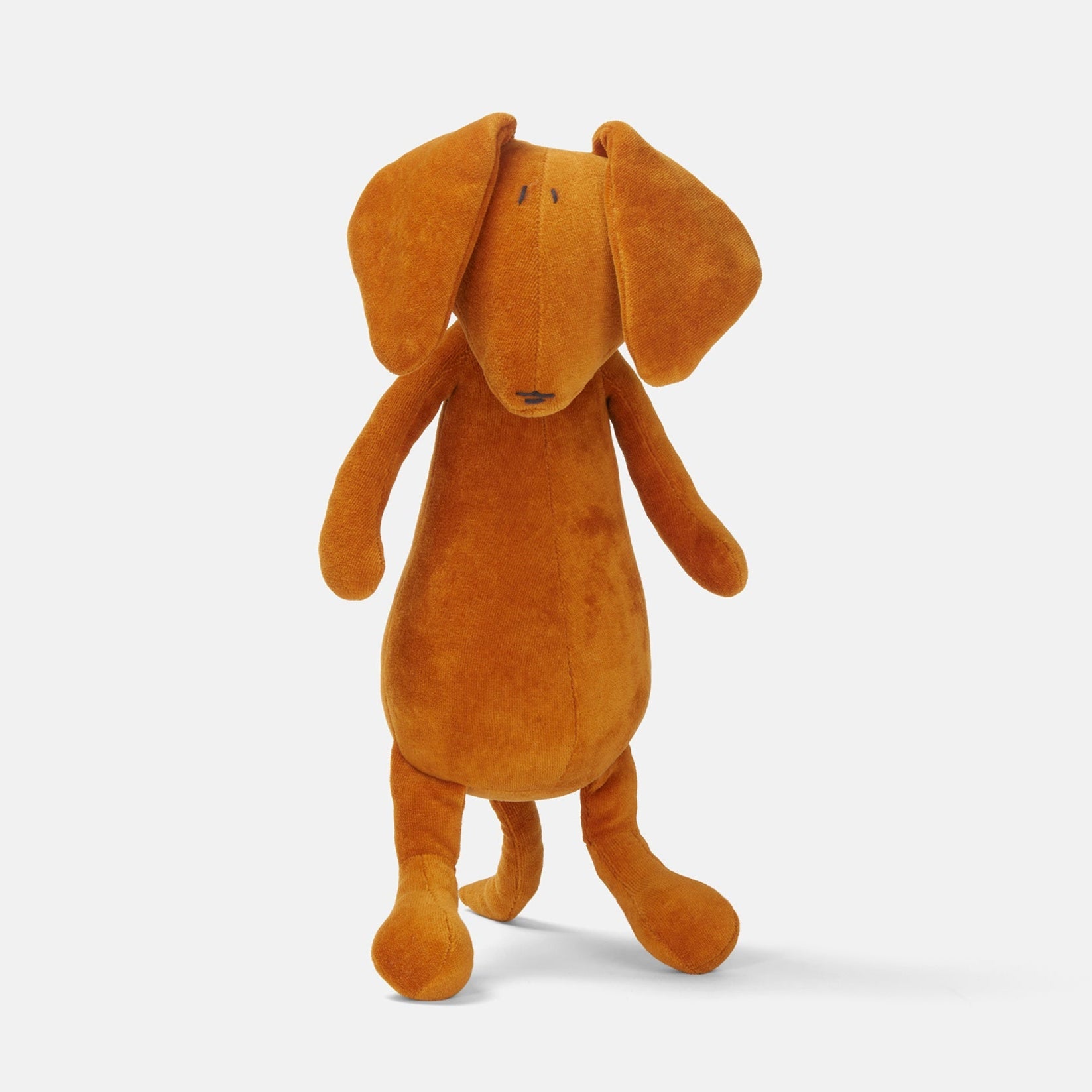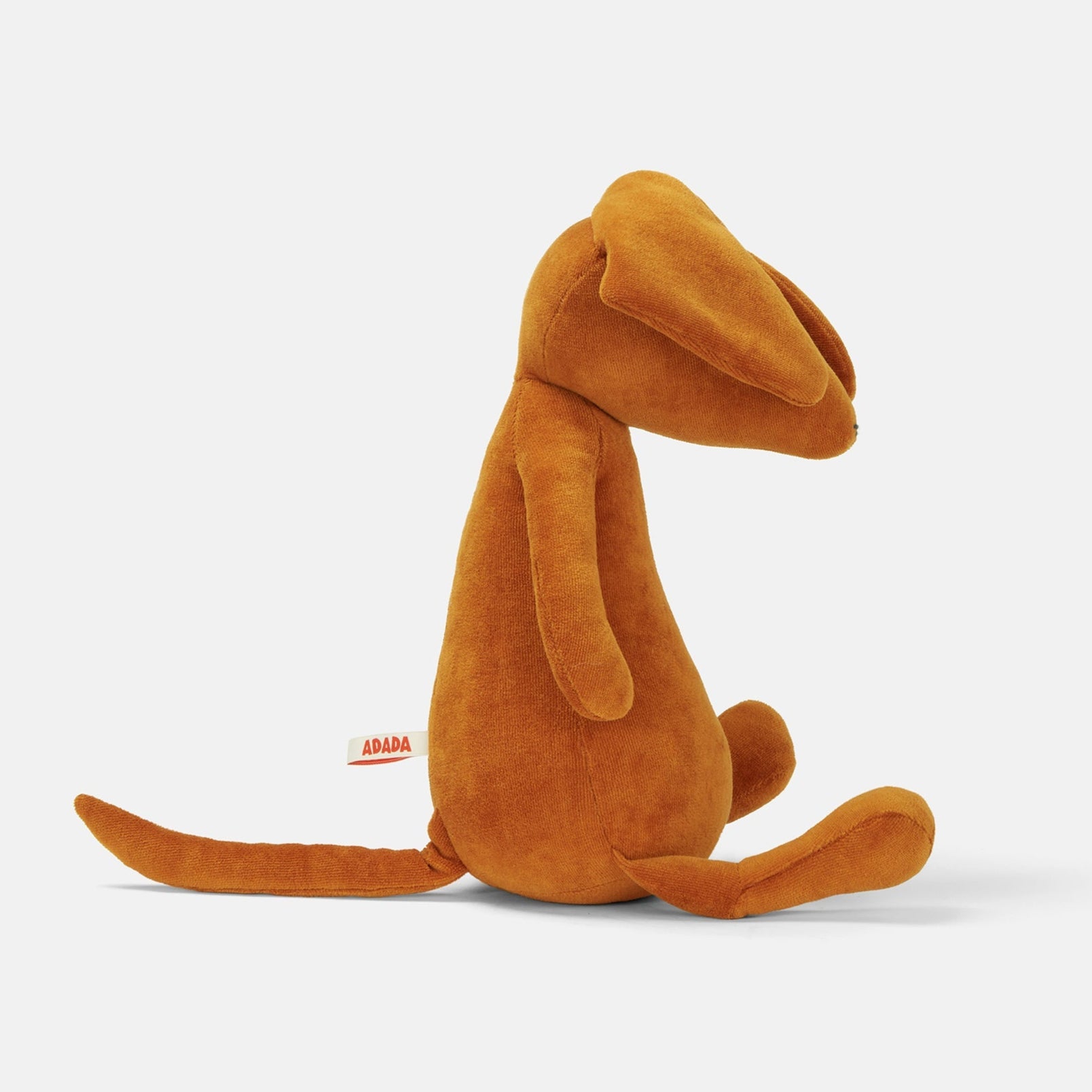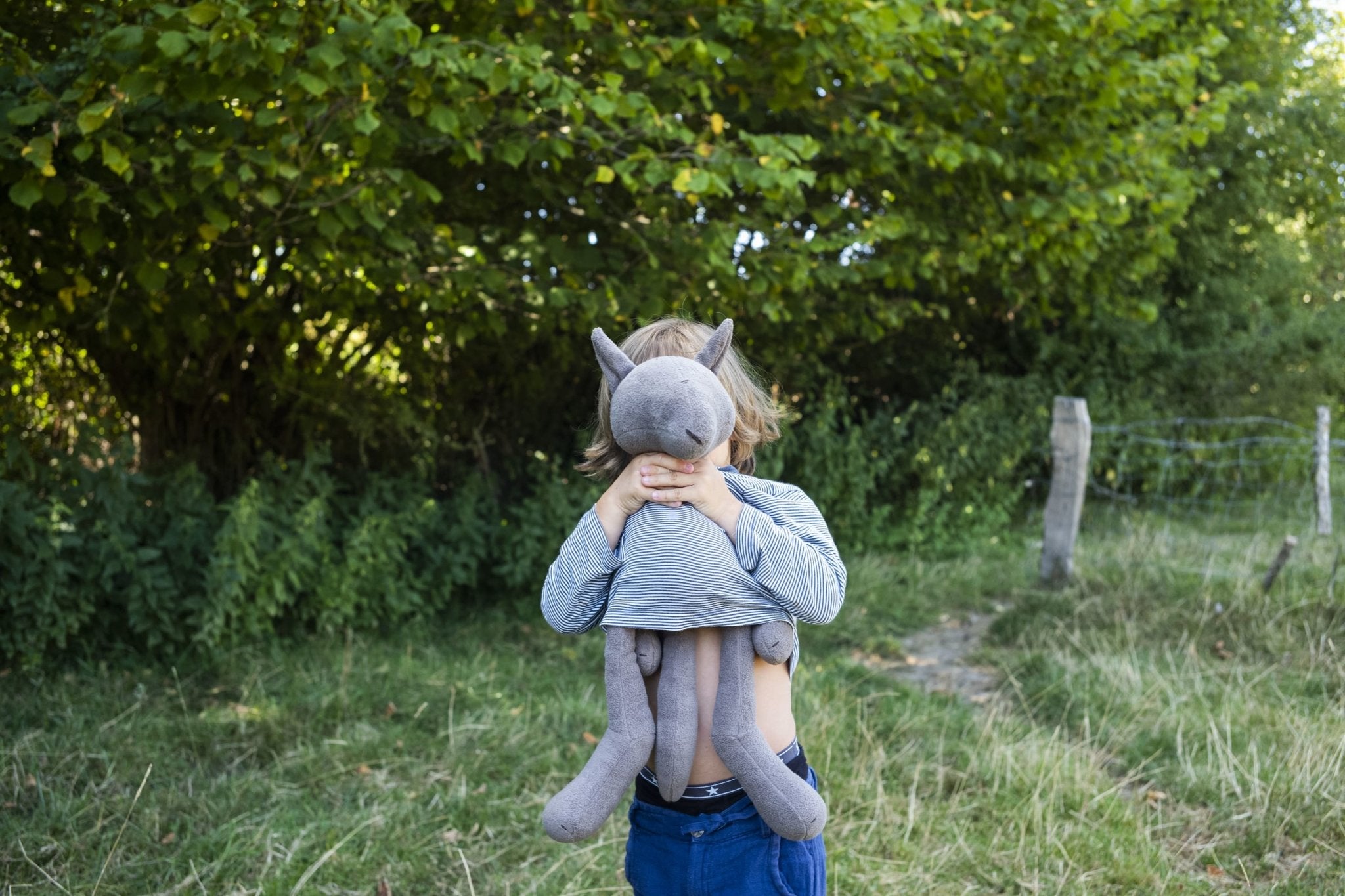
10 Reasons to give a Stuffed Animal to a child
Stuffed animals are often the first toy given to a child and hold a special place in their heart. These soft companions are much more than just objects; they play an essential role in children's emotional, cognitive, and social development. In this article, we will explore the reasons why stuffed animals are so important for children.
1. A Sense of Security
Stuffed animals provide a sense of security and comfort for children. Holding a stuffed animal close can help relieve anxiety, fear, and uncertainty. In stressful situations, such as doctor visits or the first nights away from home, a familiar stuffed animal can provide essential emotional support for the child.
2. Developing Social-Emotional Skills
Stuffed animals help children express and understand their emotions. Children often identify with their stuffed animals and attribute emotions and feelings to them. By interacting with their stuffed animal, children learn to express their own emotions and understand those of others. Stuffed animals can also serve as a tool to develop empathy and compassion towards others.
3. Stimulating Imagination and Creativity
Stuffed animals encourage children to let their imagination and creativity run free. By playing with their stuffed animal, children create stories, imaginary worlds, and adventures where they can explore their creativity. This ability to imagine scenarios and solve problems is essential for cognitive development.
4. Fostering Independence and Decision-Making
Stuffed animals offer children the opportunity to make decisions and develop their independence. By taking care of their stuffed animal, children learn to assume responsibilities and make choices. For example, they decide when their stuffed animal should sleep, eat, or rest. This decision-making prepares them for making more significant decisions later in life.
5. Developing Communication Skills
Stuffed animals can help children develop their communication skills. Children often talk to their stuffed animals, and in doing so, they learn to express themselves and use language. Additionally, stuffed animals can serve as conversation companions for children learning a new language, helping them practice and strengthen their language skills.
6. The Role of Stuffed Animals in Transition and Adaptation
Stuffed animals also play an important role in moments of transition and adaptation in a child's life. When faced with changes, such as starting school, moving to a new home, or the arrival of a new family member, children can find comfort and stability in their stuffed animal. This constant presence helps them better manage changes and adapt to their new situation.
7. Stuffed Animals and Attachment Formation
Stuffed animals can also play a role in forming attachment bonds between children and those around them. By attaching to a stuffed animal, children learn to establish relationships of trust and love with others. Moreover, the attachment bond with a stuffed animal can serve as a model for forming healthy relationships with others throughout life.
8. Stuffed Animals and Separation Management
Stuffed animals are often used to help children cope with the separation of their parents or loved ones. In these difficult times, the stuffed animal can become a symbol of comfort and continuity, reassuring the child that they are loved and safe despite the distance separating them from the person dear to their heart.
9. Stuffed Animals and the Development of Emotional Autonomy
Stuffed animals also help children develop their emotional autonomy. By taking care of their stuffed animal, children learn to manage their emotions and comfort themselves. This ability to self-soothe is crucial for their emotional well-being and self-confidence as they grow.
10. Stuffed Animals and Education in Social Life
Finally, stuffed animals can serve as an educational tool to teach children important social values and norms. For example, parents can use stuffed animals to teach children politeness, sharing, patience, and kindness towards others. Stuffed animals can also be used to address more complex topics, such as diversity and inclusion, by introducing characters from different cultures and backgrounds.
In summary, stuffed animals are much more than just a simple toy for children. They are a valuable tool that helps them grow and develop in a healthy and balanced way. Stuffed animals provide a sense of security, stimulate imagination and creativity, and promote independence and decision-making. Discover our range of ethically produced stuffed animals for your child today!

